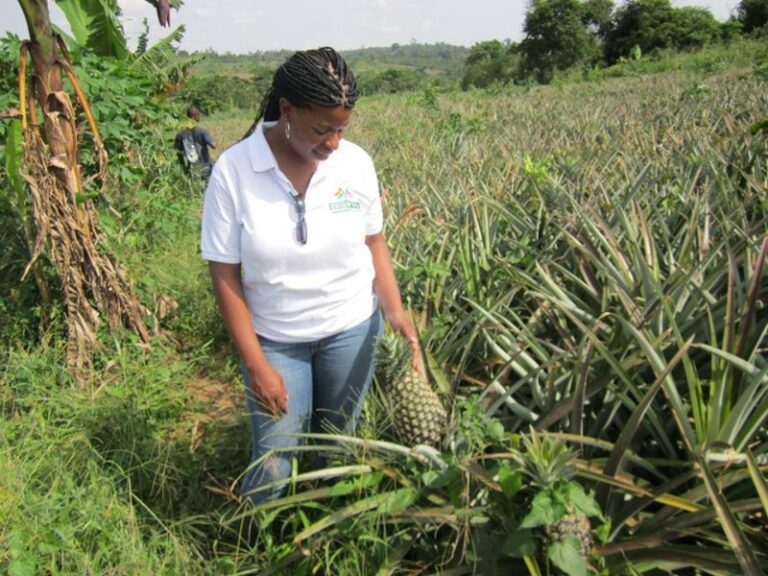Harnessing the Power of Gender Integration in Development Projects
As a development management consultant with a passion for promoting gender equality and women’s empowerment, I’ve witnessed the transformative impact of gender integration in various development projects. In this article, I’ll delve into the importance of gender mainstreaming and share practical strategies for effectively integrating gender considerations into project design, implementation, and evaluation.
Understanding Gender Mainstreaming
Gender mainstreaming is a fundamental principle of sustainable development that aims to ensure that gender perspectives and concerns are systematically integrated into policies, programs, and projects. It recognizes the distinct roles, needs, and experiences of women and men and seeks to address gender disparities and promote gender equality at all levels of society. By mainstreaming gender, development initiatives become more inclusive, equitable, and impactful, leading to better outcomes for individuals, communities, and societies as a whole.
Case Study: Advancing Gender Equality in Agricultural Value Chains
In my work with agricultural cooperatives in Kenya, I prioritized gender integration to promote women’s empowerment and enhance the inclusivity of value chain interventions. By conducting gender assessments, engaging women as active participants and decision-makers, and providing targeted training and support, we created opportunities for women to access markets, improve productivity, and increase income. As a result, women emerged as key drivers of change and innovation within the agricultural sector, contributing to broader economic growth and social development.
Strategies for Effective Gender Integration:
- Conduct Gender Analysis and Needs Assessments: Start by conducting gender analysis and needs assessments to identify existing gender disparities, constraints, and opportunities within the project context. Engage with diverse stakeholders, including women, men, and marginalized groups, to gather insights and perspectives that inform decision-making and action.
- Promote Women’s Participation and Leadership: Actively involve women in project planning, implementation, and monitoring processes to ensure their voices are heard, and their contributions are valued. Facilitate women’s leadership development and capacity-building initiatives to empower them to take on decision-making roles and drive positive change within their communities.
- Address Gender-Based Constraints and Discrimination: Address gender-based constraints, stereotypes, and discrimination that limit women’s access to resources, opportunities, and decision-making spaces. Implement targeted interventions that promote women’s economic empowerment, improve access to education and healthcare, and challenge harmful gender norms and practices.
- Monitor and Evaluate Gender Outcomes and Impacts: Establish robust monitoring and evaluation mechanisms to track progress on gender-related indicators, measure outcomes, and assess the impact of gender integration efforts. Regularly review and analyze gender-disaggregated data to identify areas for improvement, address gaps, and make evidence-based decisions.
Case Study: Empowering Women Entrepreneurs in Colombia
In Colombia, I collaborated with women entrepreneurs from Afro-Colombian and indigenous communities to strengthen their businesses and enhance their participation in local markets. Through targeted training, access to finance, and mentorship programs, we supported women to overcome socio-economic barriers, build sustainable enterprises, and advocate for their rights. As a result, women gained greater economic independence, social recognition, and leadership opportunities, contributing to more inclusive and resilient local economies.
Conclusion
Gender integration is not only a moral imperative but also a strategic imperative for achieving sustainable development and social justice. By prioritizing gender equality and women’s empowerment in development projects, we can unlock the full potential of individuals, communities, and societies. Let’s commit to mainstreaming gender in all aspects of our work, driving positive change, and creating a more equitable and inclusive world for future generations.
Discover more from DG Speaks
Subscribe to get the latest posts sent to your email.




